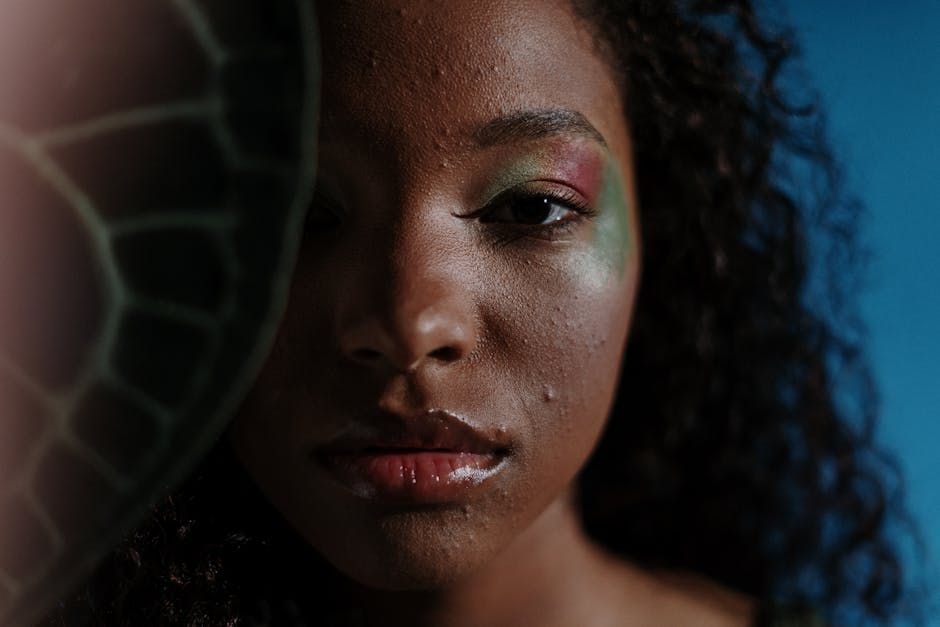Acne, a common skin condition that affects individuals of all ages, is characterized by the formation of blemishes on the skin, including blackheads, whiteheads, pimples, and cysts. Understanding the underlying causes of acne is crucial for developing an effective treatment plan.
**Causes of Acne**
* **Increased Sebum Production:** The sebaceous glands in the skin produce sebum, an oily substance that keeps the skin moisturized. Overproduction of sebum can block skin pores, leading to acne.
* **Bacterial Growth:** Propionibacterium acnes (P. acnes), a bacteria that naturally resides on the skin, can overgrow and cause inflammation, resulting in acne lesions.
* **Hormonal Changes:** Androgens, hormones produced during puberty, can stimulate sebum production and trigger acne.
* **Diet:** High-glycemic index foods, dairy products, and certain medications can contribute to acne formation.
* **Stress:** Stress can elevate cortisol levels, which can increase sebum production and worsen acne.
**Effective Acne Treatments**
**1. Topical Medications**
* Retinoids: These vitamin A derivatives unclog pores, reduce sebum production, and combat inflammation.
* Salicylic Acid: This beta-hydroxy acid exfoliates the skin, removes dead skin cells, and helps prevent clogged pores.
* Benzoyl Peroxide: This antibacterial agent kills P. acnes bacteria and reduces inflammation.
**2. Antibiotics**
* Oral antibiotics, such as doxycycline or erythromycin, can help control P. acnes bacteria and reduce inflammation.
* Topical antibiotics, like clindamycin or erythromycin, can be applied directly to the affected areas.
**3. Hormonal Therapy**
* For women with acne caused by hormonal imbalances, oral contraceptives or anti-androgens can help regulate hormone levels and reduce acne.
**4. Isotretinoin**
* This powerful retinoid is used for severe, nodular acne that has not responded to other treatments. It requires careful monitoring due to potential side effects.
**5. Laser and Light Therapy**
* Laser and light therapies target sebaceous glands and P. acnes bacteria, reducing inflammation and improving acne.
**6. Home Remedies**
* Tea tree oil: This essential oil has antibacterial and anti-inflammatory properties.
* Green tea extract: Rich in antioxidants, it helps reduce inflammation and promote skin health.
* Honey: Its antibacterial and antimicrobial properties can help fight acne-causing bacteria.
**Prevention Tips**
* Wash your face twice a day with a gentle cleanser.
* Exfoliate regularly to remove dead skin cells.
* Avoid touching your face, as this can transfer bacteria.
* Change your pillowcase regularly to prevent the spread of bacteria.
* Manage stress levels through exercise, meditation, or yoga.
* Consult with a dermatologist for personalized treatment advice and to rule out any underlying medical conditions.
Remember, treating acne requires patience and consistency. It may take several weeks or months to see significant results. If your acne is severe or persistent, it is essential to seek professional medical advice.

